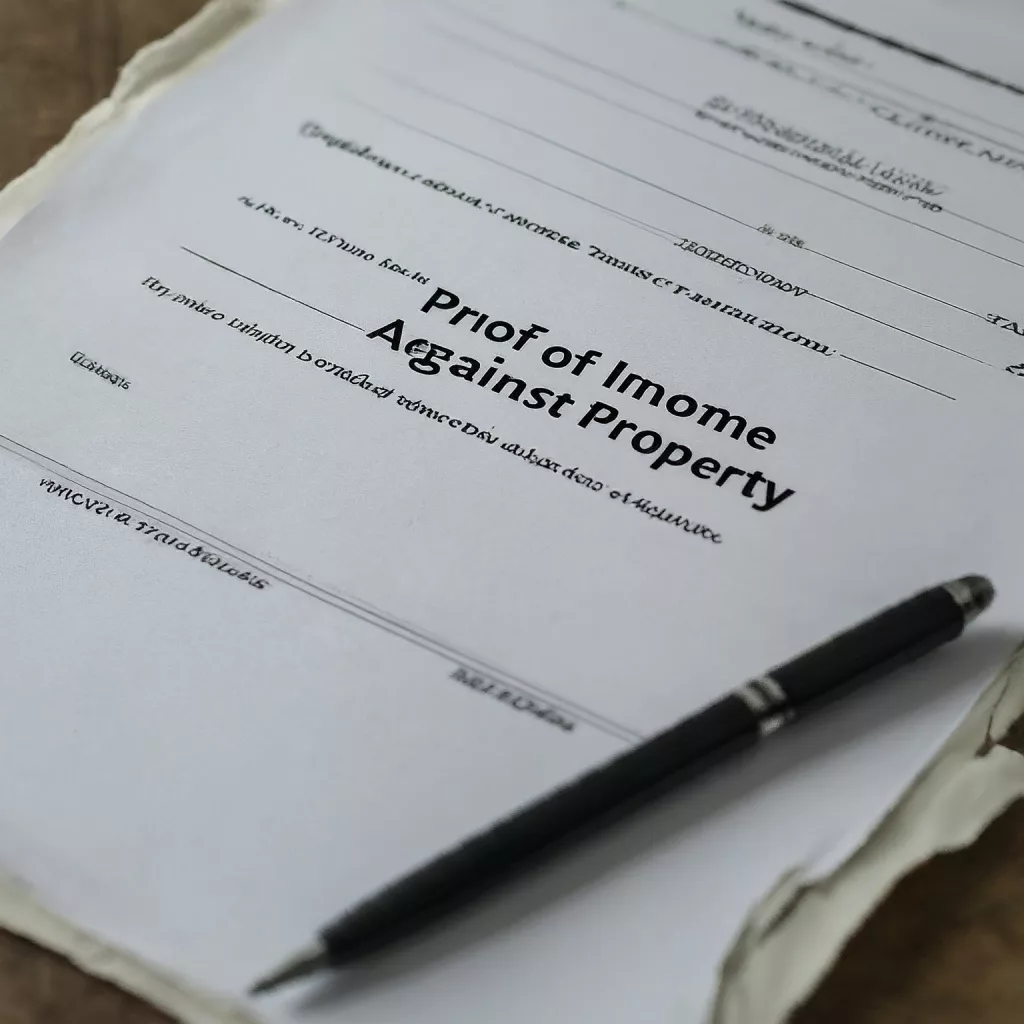Do you need to show proof of Income for Loan Against Property?

Property is generally among the first assets people acquire. But, compared to other assets like say, stocks, it’s relatively illiquid, and poses a bit of a problem when you need quick cash. However, many financial institutions now offer loans against property.
So, when Anant Kumar, an engineer with a well-known company, needed Rs. 10 lakh urgently, he decided to mortgage his flat for a bank loan.
But to his surprise, the bank asked him for proof of income. “If I am mortgaging my house worth Rs 65 lakh, why am I being asked for income proof for a loan of Rs. 10 lakh only?” was his perplexed query.
The answer lies in the illiquid nature of property. It’s not easy for the bank to sell Kumar’s house to recover the loan if he defaults. As property is not a standard product, its price may vary from area to area and with time. Also, banks will not find it easy to evict existing occupants from the house to sell it.
Therefore, banks prefer that you to pay back the loan from your income stream and not by selling the security – that is, the house. Thus, you need to submit your income proof when applying for loan against property. The banks will depend on the selling the property to recover their loan only as the last resort.
This is very different when banks give you a loan against liquid security such as shares. Since this security is easily sellable your credit limit is not restricted by your declared income and you can get a certain percentage of the security value as a loan.
Do remember, that banks will not lend you the full value of the property. You can get only a certain percentage of the value of the property (40- 60 per cent) or between two and two and a half times your current income, whichever is lower.








